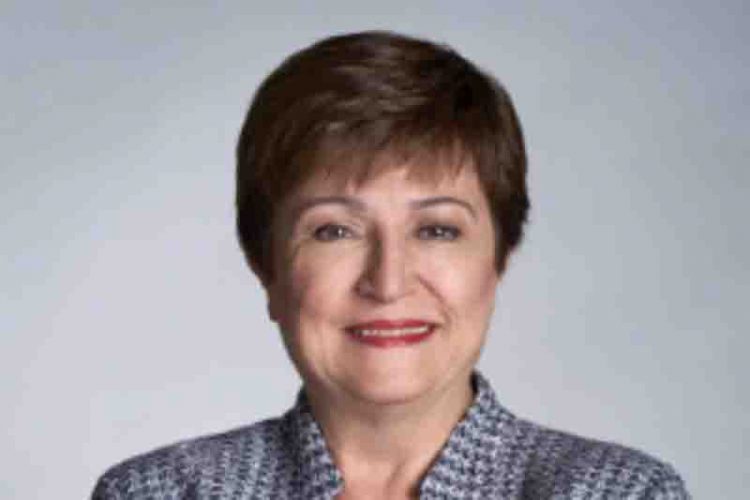
The Future of Money: Gearing up for Central Bank Digital Currency
By Kristalina Georgieva, IMF Managing Director Let me start by thanking the Atlantic Council for providing a fitting venue to discuss central banks’ forays into Digital Currencies.

By Kristalina Georgieva, IMF Managing Director Let me start by thanking the Atlantic Council for providing a fitting venue to discuss central banks’ forays into Digital Currencies.
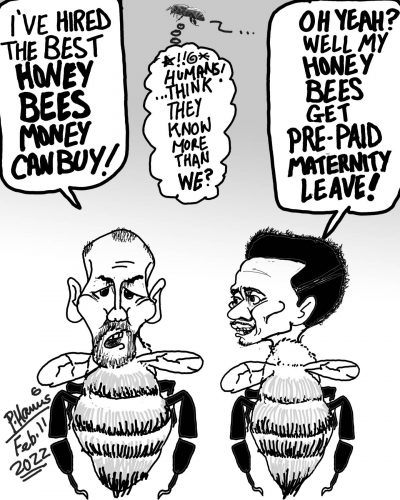
Against the backdrop of numerous un-kept promises by Caribbean Community (CARICOM) Heads of Government, over several decades, to seriously ‘put heads together’ to find ways of reducing the volumes of our extra-regional food imports, the region continues to witness a continual climb in its food import bill.

Kitco Market Data Gold Prices for the three day period ending Thursday February 10, 2022

Against the backdrop of what, over several years, has been a failure on the part of government to grant incentives and create opportunities for the meaningful expansion and growth of the micro- and small-business sector in Guyana, one of the country’s high-profile Business Support Organizations (BSOs) has issued a call for the government to ‘change gears,’ and to throw its weight more purposefully behind modest business ventures even as these continue to become manifestly worn down by the various pressures associated with the advent of the coronavirus pandemic.
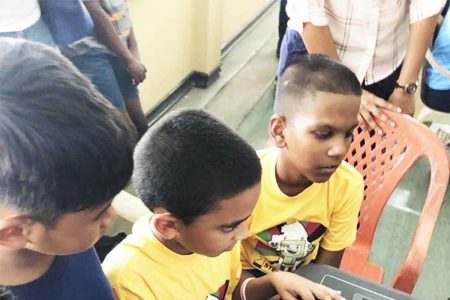
The recent disclosure that the United States administration is offering visa incentives to attract international science, technology, engineering and math (STEM) students and researchers to that country as part of its mission of increasing its talent pool in those disciplines has attracted attention in some likely targeted countries, including Guyana, where the move is being seen as a development that may further denude what are already modest talent pools in those disciplines.
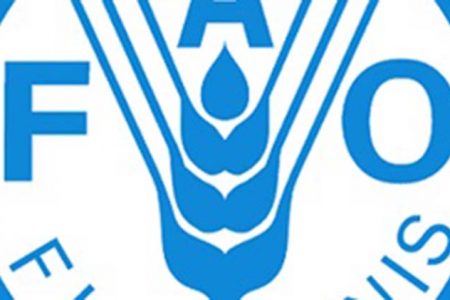
The Food and Agriculture Organization of the United Nations (FAO) has published what is being seen as a landmark report highlighting what it sees as the worsening state of the earth’s soil, land and water resources, and the challenges that this poses for feeding a global population expected to approach ten billion by 2050.
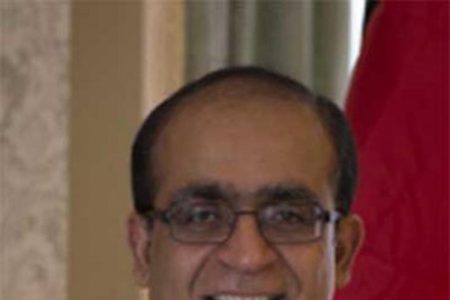
By Deodat Maraj Earlier this week, the International Monetary Fund (IMF) revised its forecast for global growth in 2022, projecting a revised figure of 4.4% which is a 0.5% reduction from the estimate it made in October 2021.
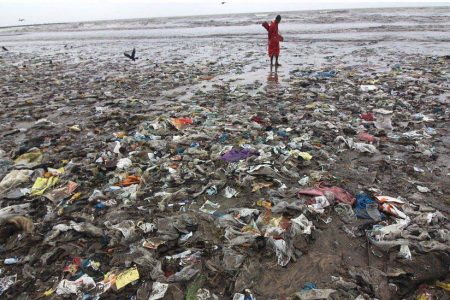
The United Nations Environmental Programme (UNEP) has, not for the first time, issued a discomfiting warning that the unchecked irresponsible disposal of plastics in oceans and other bodies of water will inevitably come back to haunt the global environment, making life on the planet increasingly unbearable for its human inhabitants.
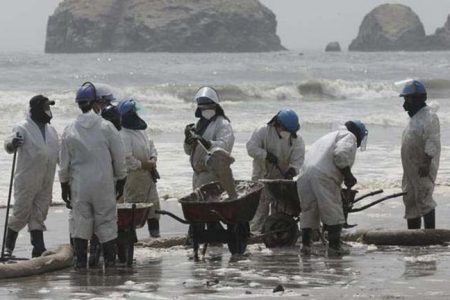
The aftermath of major oil spills that wreak economic and environmental havoc, particularly when these occur in developing countries, never really vary a great deal from country to country.
What is likely to be one of the more critical meetings of the Board of Directors of the Inter-American Development Bank (IDB) in recent times will be staged virtually from March 28 to April 1.
![The oil spill was caused by the rupture of a pipeline belonging to OCP in a protected Amazon area [Ecuador’s Ministry of Environment via AFP]](https://s1.stabroeknews.com/images/2022/02/Ecuadors-Amazon-450x300.jpg)
There is oil in the water, on the rocks and in the sand where children normally play on the banks of the Coca River in Ecuador.

Kitco Market Data Gold Prices for the three day period ending Thursday February 3, 2022

We in Guyana would know by now that the oil and gas industry, like so many other phenomenon, can be a mixed blessing, even though, as a country, we are still well adrift of an accumulation of knowledge sufficient to understand all of the quirks of what can be a profound and multi-faceted transformative experience for countries possessed of the resources in question..
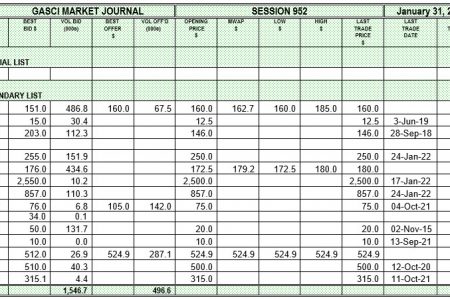
GASCI (www.gasci.com/telephone Nº 223-6175/6) reports that session 952’s trading results showed consideration of $21,342,737 from 105,889 shares traded in 38 transactions as compared to session 951’s trading results which showed consideration of $43,684,533 from 122,438 shares traded in 39 transactions.
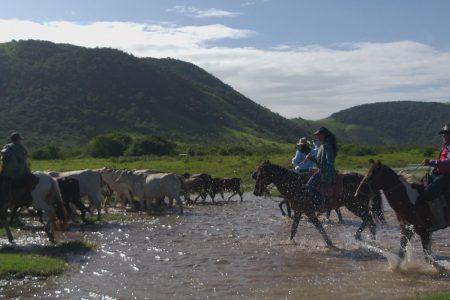
Observers of the record of successive political administrations in the matter of sustained commitment to the development of the country’s hinterland communities, have left careful observers with ‘little to write home about.’
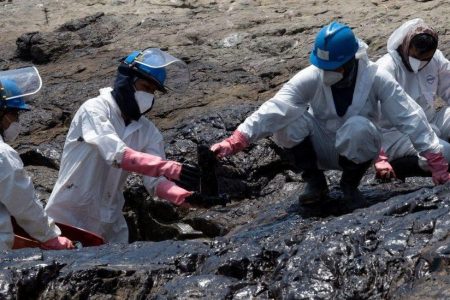
The lucrative returns that that have been known to accrue to countries whose territorial spaces have yielded huge volumes of crude oil come at considerable risk, not least, the risk of environmental mishaps that can wreak varying degrees of damage, even longer-term devastation.

Guyana, along with Suriname Brazil, Namibia and South Africa are likely to be among countries with “highly productive reservoirs” that will be priorities for major oil companies this year, according to a report emanating from the US-owned Wood-Mckenzie (Wood Mac), the global energy, chemicals, renewables, metals and mining research and consultancy group which supplies data, written analysis and consultancy advice on the oil and gas sector.
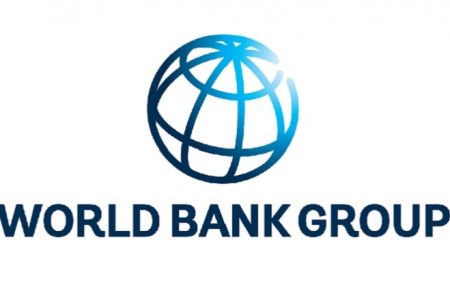
World Bank Blog By Judith Green & Michelle Ottey Many Caribbean countries are facing significant fiscal constraints to improving, or even maintaining, vital public projects in transportation, health, energy, and other sectors because the pandemic has led to a sharp decline in tourism revenue—a mainstay of the region’s economies.
The ePaper edition, on the Web & in stores for Android, iPhone & iPad.
Included free with your web subscription. Learn more.